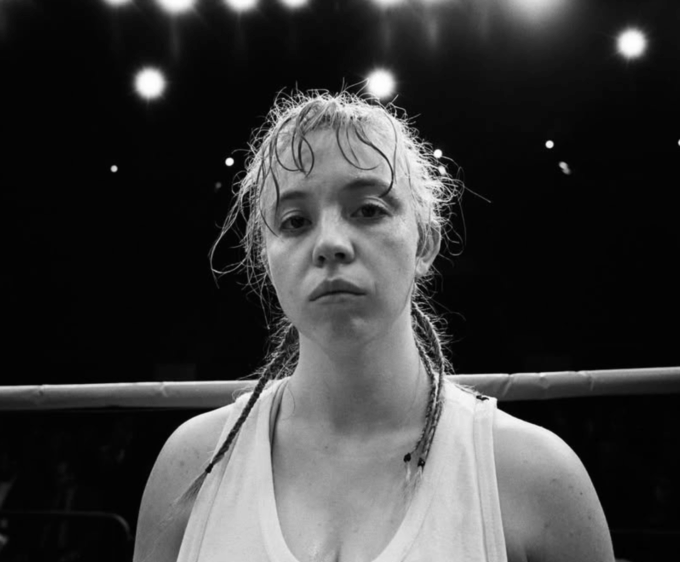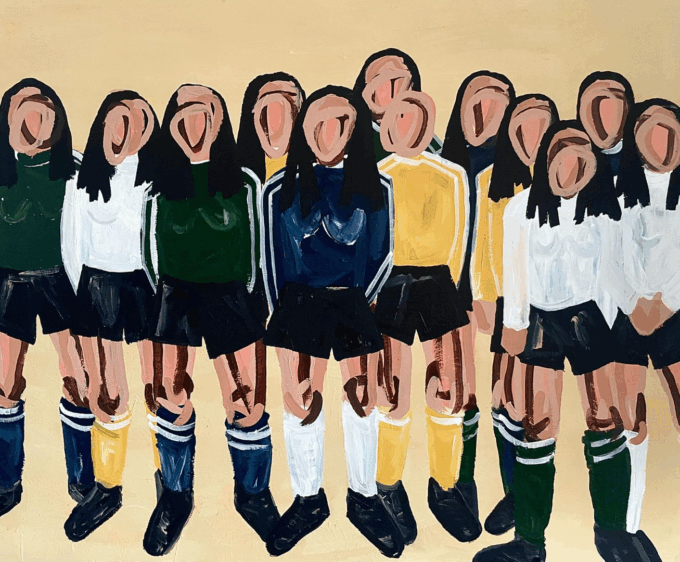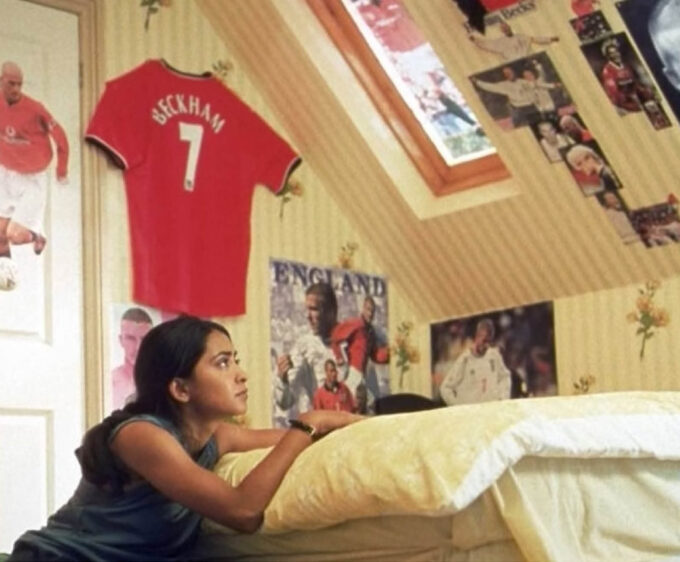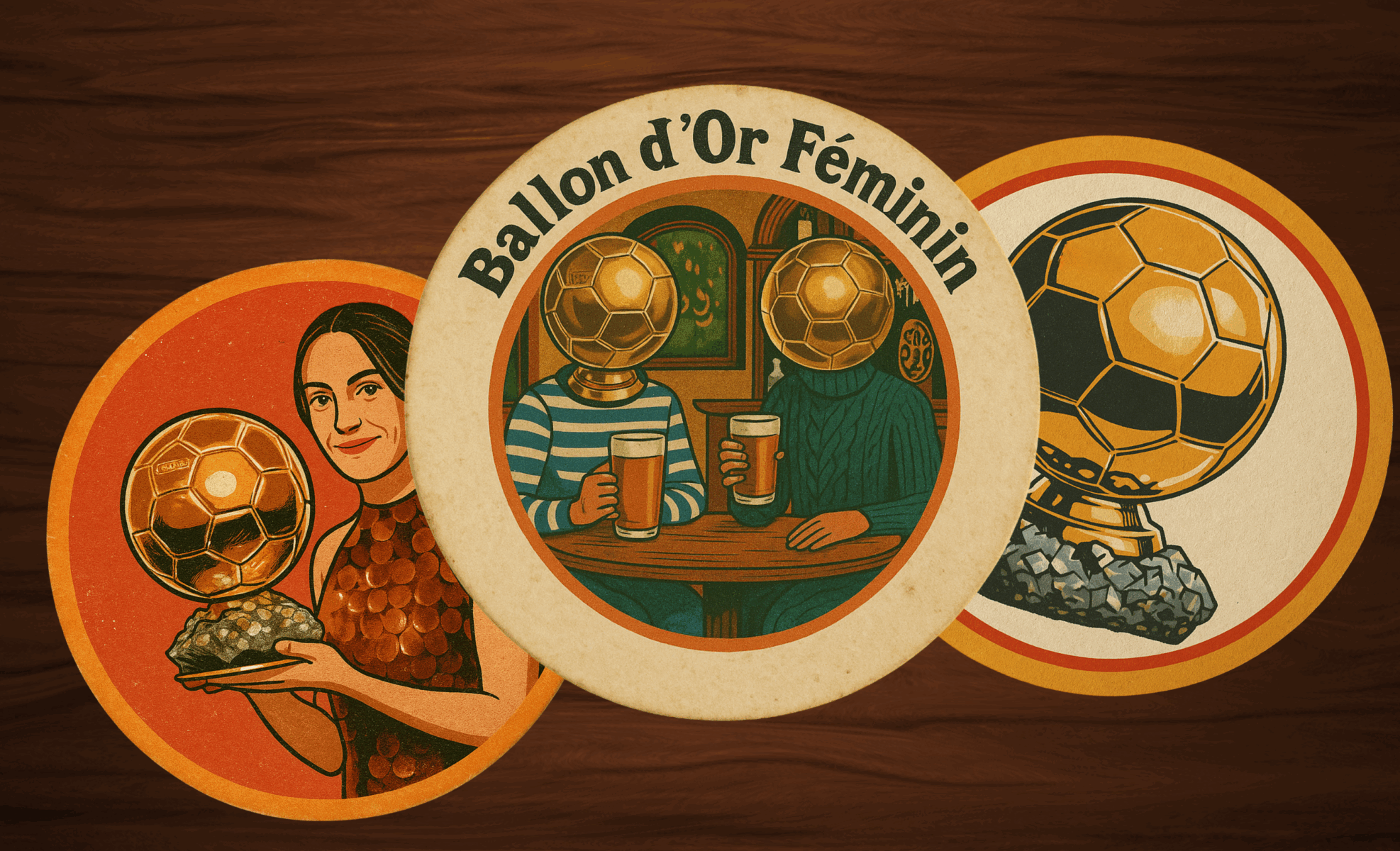
Ballon d’Or: Broken or Brilliant?
Aitana Bonmatí won her third Ballon d’Or Féminin last week. No shock there. The shock was our Instagram replies. So we invited two Glorious community members with very different views to the pub for a healthy debate…
By Glorious
Aitana Bonmatí just won her third Ballon d’Or Féminin. We took the debate offline with the Glorious community to ask: what does “best” really mean?
Aitana Bonmatí won her third Ballon d’Or Féminin last week. That’s three in a row. A record. A milestone. A moment of grace, handed to her by Andrés Iniesta in a theatre full of applause. She looked composed. The trophy looked heavy. The headlines were predictable.
But the replies to our Instagram story weren’t. Some were celebratory. Some were confused. A few were blunt. “Russo was robbed.” “Is this the same award Messi wins?” “Feels like the same names every year.” One person asked if the voting was rigged. Another said they’d never even seen Bonmatí play. And in truth, none of this is new. The men’s award has been sparking the same endless arguments for years – who really deserved it, whether voters pay attention, whether anyone even agrees on the criteria. The women’s Ballon d’Or has simply picked up that age-old debate, only while still deciding what shape it should take.

And here’s the thing. The Ballon d’Or Féminin has only been around since 2018, which makes it both exciting and messy. Exciting because women’s football finally has its own spotlight. Messy because nobody can quite agree on what that spotlight should show. Is it consistency across a whole season? Is it who turned up biggest in the finals? Is it the player who defines a generation, or the one who defined this year? Bonmatí ticks all those boxes, but so do others who didn’t even come close to the trophy.
So we took it offline. Down the pub, with Alice and Han. Two glasses of red, two pints of Jubel, and one regrettable espresso martini later, the Instagram replies had turned into a proper back-and-forth.
Alice: Okay, so, Aitana Bonmatí, three in a row. I just think we need to have a serious conversation about the criteria. Some people – like me – think the incredible seasons Alessia Russo or Mariona Caldentey had were robbed of recognition.
Han: And I don’t buy that. She’s that good. I think she deserves it, and if that makes it boring, that’s not her fault.
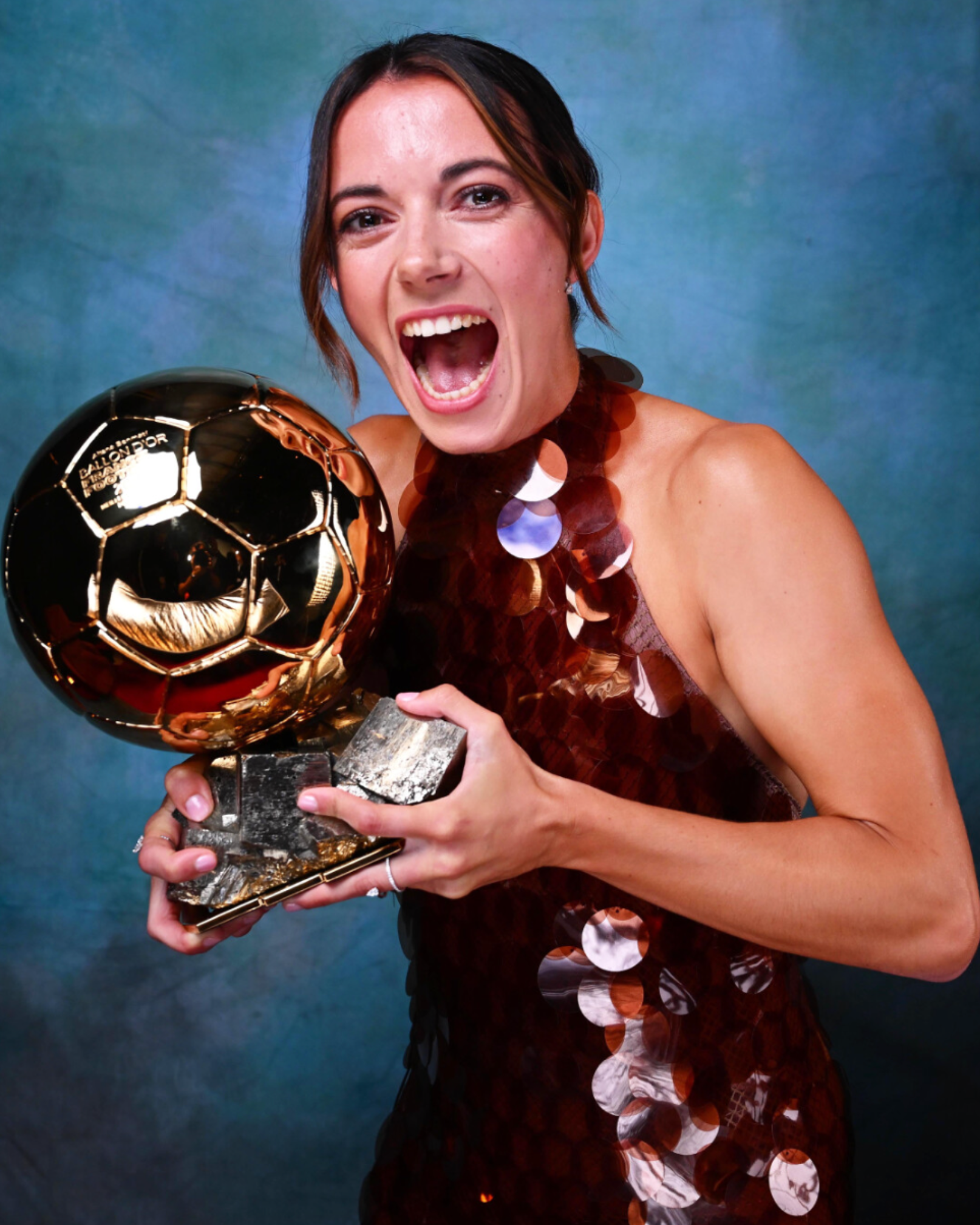
Alice: But that’s the point. She is brilliant, obviously. Nobody’s arguing that. But when the same person wins over and over, that’s where it starts to feel lazy on the part of the voters. Like people just tick her name on the sheet out of sheer, comfortable habit. It’s the path of least resistance.
Han: Or it feels like voters are just getting it right. Three Ballons d’Or in a row makes sense if you’re the best player three years running.
Alice: I’m not saying she didn’t have a massive year. I just think the Ballon d’Or is meant to be about the actual season in front of you, not the legend of a player who always wins. We’re suffering from trophy fatigue. Other people had insane years too, you know. Caldentey was totally decisive in the Champions League, which her club won. Russo kept England moving and scoring. Pajor stuck away forty-three actual goals. But they just don’t seem to count as much because they’re not the headline act, the story.
Han: But come on, look at the receipts for this season. She won the domestic treble with Barça, got to another Champions League final, she carried Spain to the Euros final, and was Player of the Tournament there. And don’t forget she came back from having meningitis, straight into the Euros, and scored the goal that put Germany out. Not many players could do that, literally. It’s a ridiculous level of mental resilience.
Alice: I’m not denying that, but that’s exactly the problem. When you can list off all those achievements in one breath, it makes it impossible for anyone else to break through. The award just becomes a loop.
Han: And that’s the difference. Bonmatí isn’t just good in the showpiece finals, she’s good when it’s freezing in February, the game’s a scrappy 1-0, and half the stadium’s empty because of a train strike. You can rely on her to set the tempo every single week, in every single minute. That’s a rarity.
Alice: Maybe. But here is the structural issue, and this is why the conversation is infuriating. The award forces the entire global sport onto one face, and that face has to be marketable. Are they trying to create a women’s Messi or Ronaldo before the foundation is even laid?
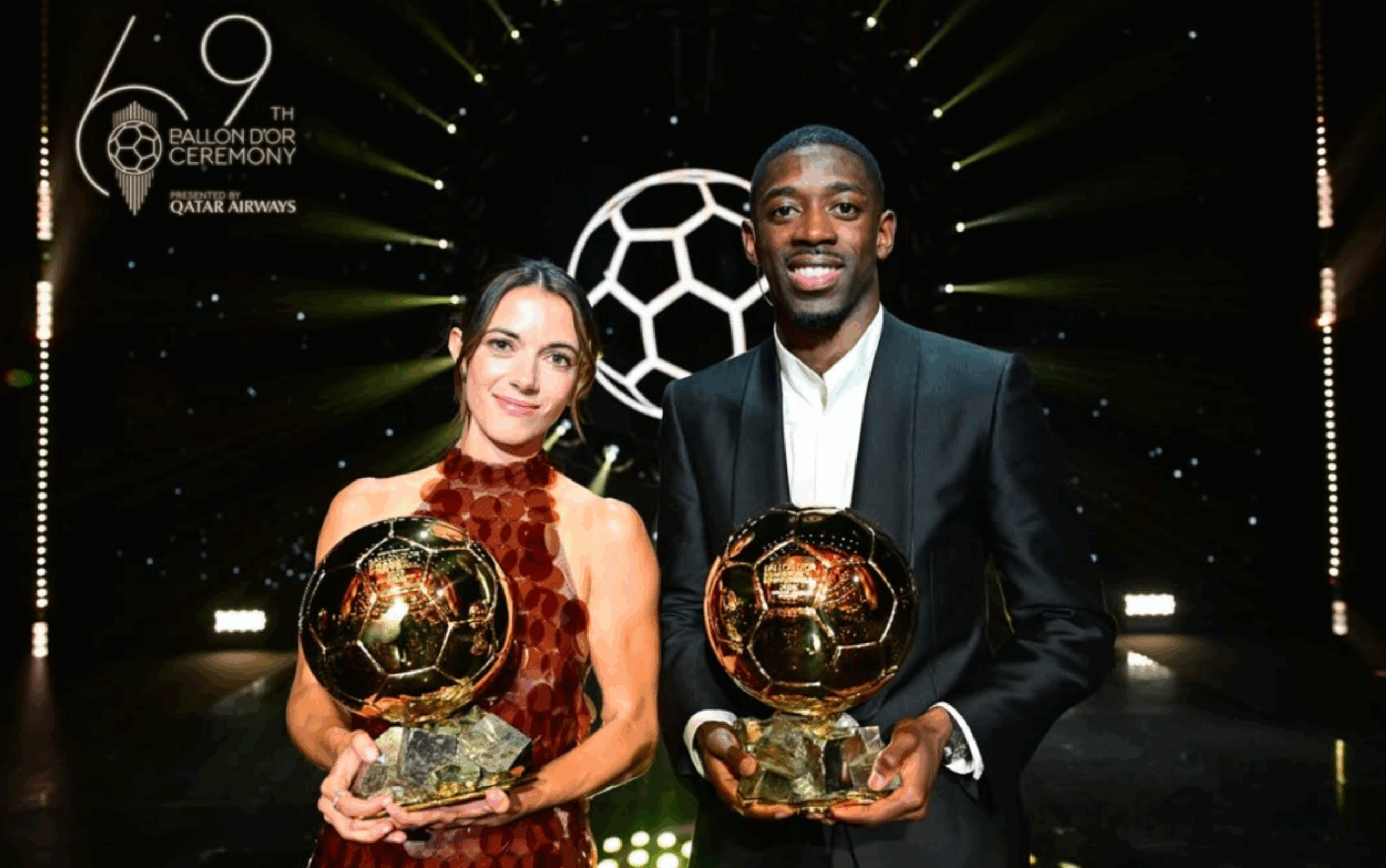
Han: Hahaha! Fair point. The GOAT pressure!
Alice: Right? And it’s driven by how the vote actually works. It’s just fifty journalists from the top FIFA nations. Each one picks five players, the votes get tallied, and whoever’s got the most wins. That’s it. There’s no published criteria beyond the vague ‘class and fair play’ stuff, and absolutely zero transparency on who voted for who. Just a press release and a trophy photo.
Han: But they do put out the rankings. You can see who finished where – Bonmatí top, Caldentey second, Russo third, all the way down to 30th place.
Alice: Yeah, but that’s not the same as knowing who picked them, or why. We don’t get to see if someone only watched two Champions League games all year, or if they just went with the obvious name. The final list tells you nothing about the thinking behind it.
Han: Exactly, and then it’s photos, a trophy, and a week of arguments online.
Alice: Including us, I suppose.
Han: Guilty..!
Alice: And let’s be honest, it really comes down to where you play. If you’re not in England or Spain, you’re practically invisible to those fifty people. I doubt more than ten of those voters have sat through a full, muddy Frauen-Bundesliga match, let alone a tie in the French division outside of Lyon or Paris.
Han: Exactly. It’s not corruption, it’s just baked-in bias. The whole award structure was built for men’s football decades ago, when it was a very different media landscape. The women’s game doesn’t fit into it neatly because the coverage isn’t equal, the data isn’t equal, and neither are the votes. Why are there only 50 voters for women but 100 for men? Are we saying there are only half as many qualified people?
Alice: Urgh, I get it, but at least it’s shifting a tiny bit?! They added new awards this year. Best goalkeeper, best young player, top scorer. Hannah Hampton picking up the Yashin Trophy for the women’s game felt like a big step.
Han: Yes, she’s brilliant, i’m really happy for her. That’s the sort of change that actually matters, because it validates other positions on the pitch. But the main Ballon d’Or Féminin still feels like it’s rushing to act like it has the same history as the men’s one, when really it’s still trying to figure out what it should be.

belonging
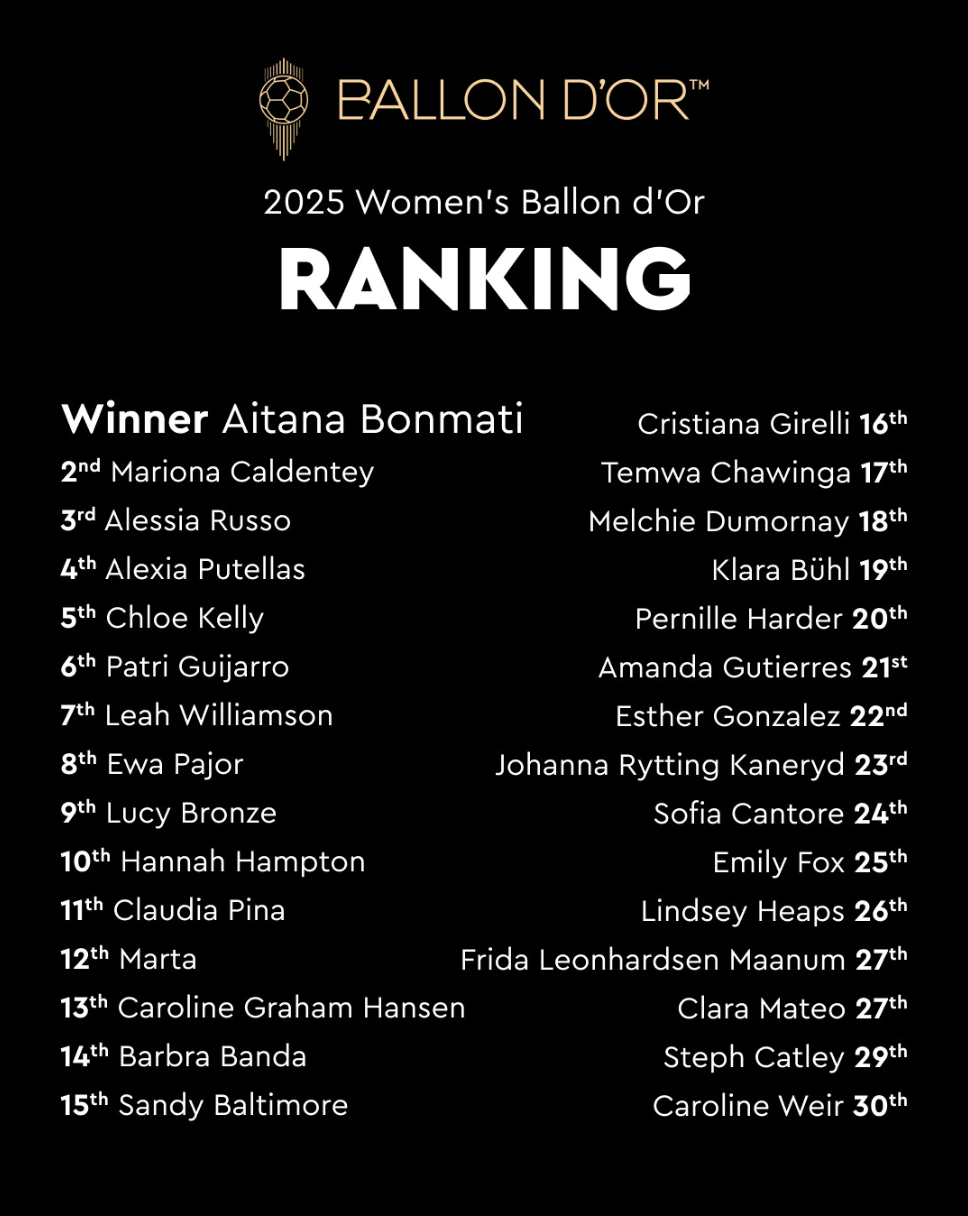
Alice: So what’s the answer then? Scrap it altogether and throw away the global spotlight it does provide? Or just make up something ridiculously niche like “Most Emotional Midfielder Of The Year”?
Han: No. Or maybe?! Ha! Surely we should at least rethink why we’re obsessed with one person being crowned the best. I understand in the men’s game it kind of makes sense, but women’s football is just not built like that. Resources are so wildly uneven everywhere you look. Who’s flying in economy for a 12-hour trip for an NWSL game versus who has a charter? Who’s playing three times a week with no recovery staff versus who has a full medical team on site? That’s context.
Alice: But you still need recognition. Something that says this player singlehandedly shaped the season, that she mattered to the sport. Bonmatí absolutely does. So do plenty of others who barely got a look-in. We just haven’t worked out how to show it all yet.
Han: Exactly. The Ballon d’Or is just one way, and it rewards whoever’s seen the most, whoever fits the easy story of the established winner. Bonmatí fits, sure. But she’s not the only story of excellence.
Alice: I just wish the process was clearer. Publish the ballots. Show who voted for who. Explain why. That kind of transparency is the bare minimum for an award this prestigious. Right now it’s just a headline and a nice dress.
Han: And then it’s a speech, a photo, and a pile of opinions the next morning.
Alice: Including this one, I suppose.
Han: Guilty. But imagine if they had to actually use advanced match data to justify their vote.
Alice: Precisely. I mean deep dives into minutes, passes into the final third, pressing recoveries, contextualised for the league she plays in. Not just goals and trophies.
Han: Or if they had to account for the actual context. Who’s playing in a league without VAR, or without proper, full-time medical staff. Who’s stuck on a cramped coach for hours to play a cup tie, or had to work a part-time job last year to pay the rent. That affects performance and impact too.
Alice: Or who’s juggling all that while leading campaigns, mentoring younger players who have no club academy, or still having to fight publicly for fair pay and stadium access. That’s monumental impact. But it never shows up in the votes.
Han: So maybe the problem isn’t Bonmatí winning again. She’s amazing. It’s that the sport doesn’t yet have enough ways of celebrating all the different types of brilliance that exist across a hugely uneven global pitch.
Alice: Yuppp. She’s outstanding, but she’s not the only one, and the Ballon d’Or can’t be the only measure we have.
Han: Fine. I accept your structural critique, you cynical monster! Let’s start a new list. “Most Underrated Player Who Should Be On Billboards.”

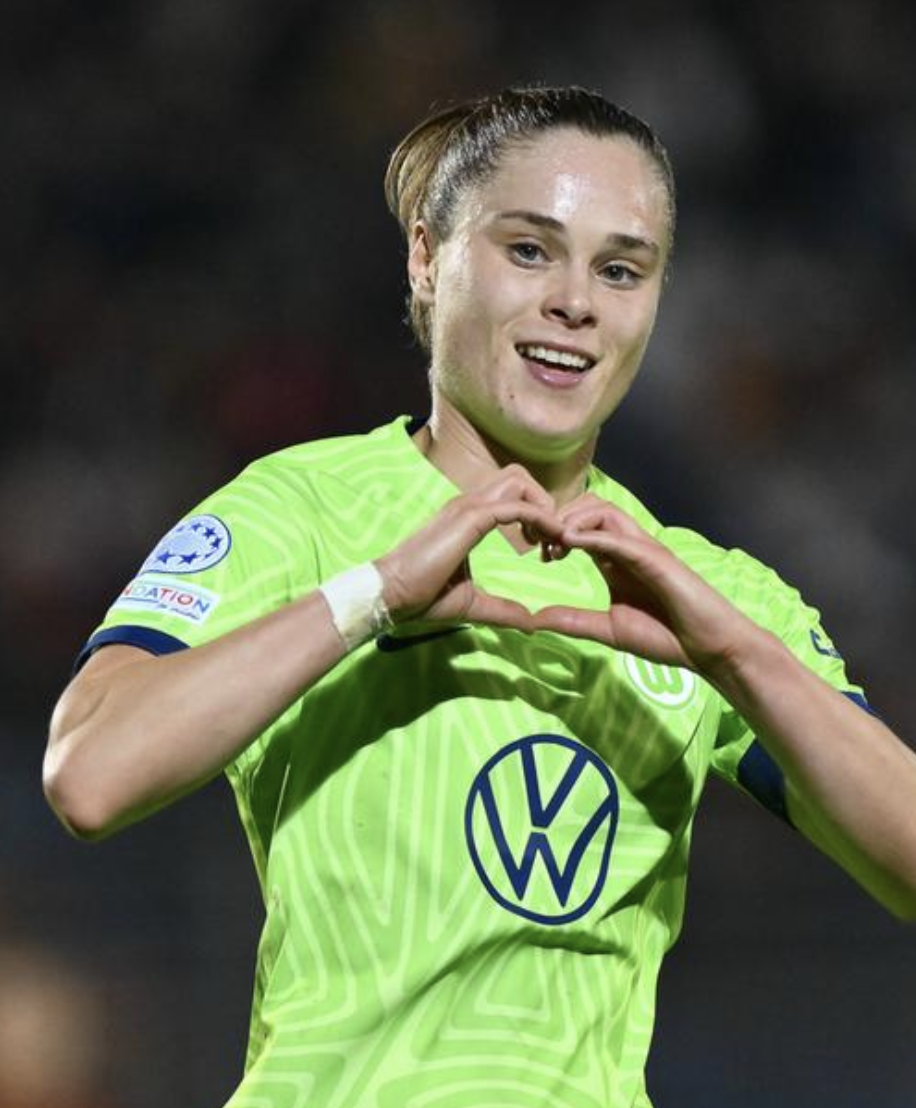
Alice: “Best Goal No One Saw Because The Stream Froze In The 88th Minute.”
Han: “Most Fouls Won Without Complaining To The Ref.”
Alice: “Best Midfielder Secretly Playing Emergency Centre Back Because Half The Squad Has An Illness.”
Han: “Player Whose Name Commentators Never Get Right But Who Is Still A Legend.”
Alice: Done. We’ve solved it. Shall we do the pub quiz?!
In the end, nothing got settled. Alice and Han didn’t switch sides, the pub didn’t crown a winner, and Bonmatí will still have her name etched in gold. We did, however, come a respectable third in the pub quiz, which refreshingly had a sports round split half women’s, half men’s. For the record, the answers to two of the tougher ones were Lucy Bronze and Simone Biles. We got them both right, and it felt like a glimpse of the future: women’s sport treated as part of the picture, not an afterthought.
And maybe that’s the real point. The Ballon d’Or is supposed to tell us who the best player in the world is, but all it really does is spark arguments about what “best” even means. That argument will only get louder as the women’s game grows, more stars emerge, and more people care enough to disagree.
So now it’s your turn. If you had the ballot in your hand, who gets your vote? Should Bonmatí keep sweeping them up, or is it time the spotlight shifted? Head to our Instagram @GloriousSport and drop us a DM.
We’re planning more of these debates, and you could be part of them. Got a women’s sport topic you want to throw into the mix? Drop us a DM and let’s talk!

